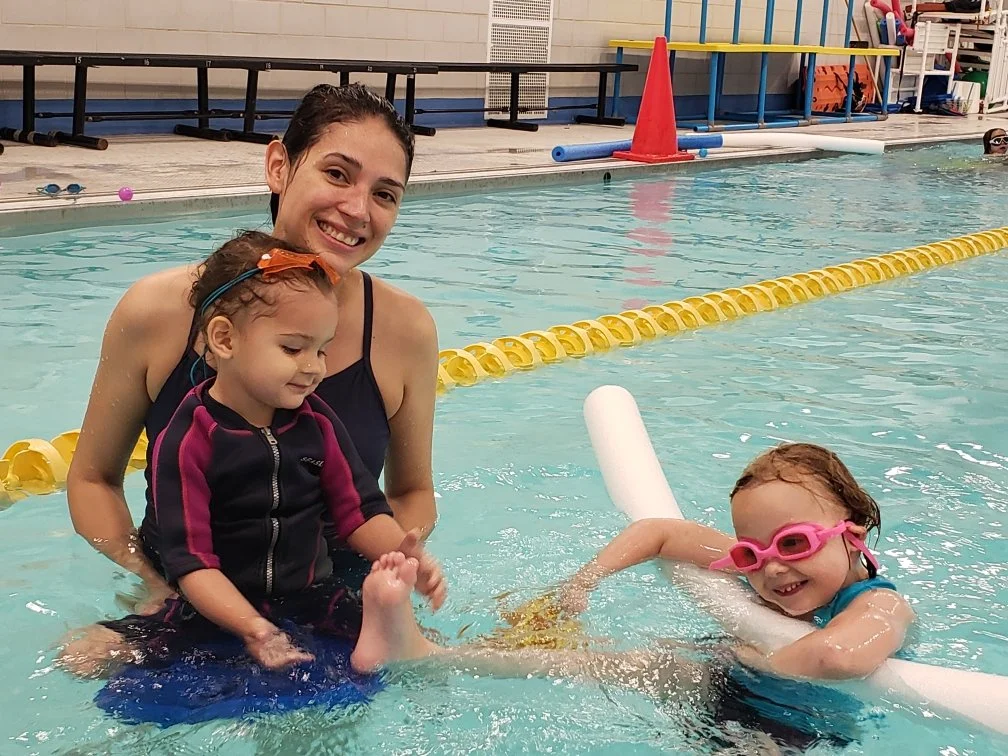As summer approaches and families prepare for fun in the sun, it's crucial to prioritize infant water safety. Whether you're planning a pool day, beach vacation, or simply enjoying time by the water, taking proactive measures can prevent accidents and ensure a safe experience for your little ones.
Here are some essential tips for infant water safety that every parent should know:
Supervision is Key: Never leave infants or young children unattended near water, even for a moment. Designate a responsible adult to actively supervise whenever children are in or around water.
Secure Pool Barriers: If you have a pool at home, ensure it is surrounded by a secure fence with a self-closing and self-latching gate. This prevents unsupervised access and reduces the risk of accidents.
Use Proper Floatation Devices: When near water, infants and young children should wear Coast Guard-approved floatation devices, such as life jackets or swim vests. These should fit properly and be worn consistently.
Learn CPR: Parents, caregivers, and anyone supervising children near water should learn CPR (Cardiopulmonary Resuscitation). This lifesaving skill can make a critical difference in an emergency.
Teach Water Safety Skills: As children grow, teach them basic water safety skills such as floating, treading water, and how to safely exit a pool. Enroll them in swim lessons designed for their age and skill level.
Empty and Secure Water Containers: Always empty and secure buckets, wading pools, and other water containers after use. Infants can drown in as little as a few inches of water, so take extra precautions.
Stay Vigilant at Public Water Sources: Be extra cautious at public water sources like pools, lakes, and beaches. Watch for potential hazards, follow posted safety rules, and stay within designated swimming areas.
Avoid Distractions: When supervising children near water, avoid distractions like phone calls, reading, or socializing. Stay focused on the task of supervision at all times.
Know Emergency Procedures: Familiarize yourself with local emergency procedures and contact information. In case of an incident, quick action can be lifesaving.
Stay Informed and Updated: Keep up-to-date with the latest recommendations and guidelines for infant water safety from reputable sources such as the American Red Cross or the Centers for Disease Control and Prevention (CDC).
By following these essential tips and staying vigilant, parents can create a safer environment for their infants and young children around water. Remember, it only takes a moment for an accident to occur, but with proper precautions, you can enjoy water activities while keeping your little ones safe and sound.

